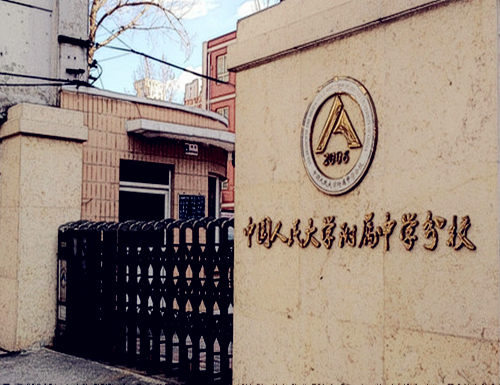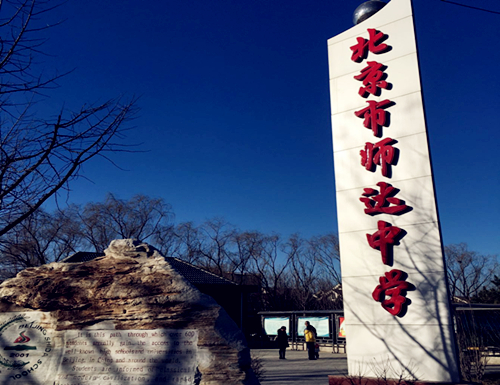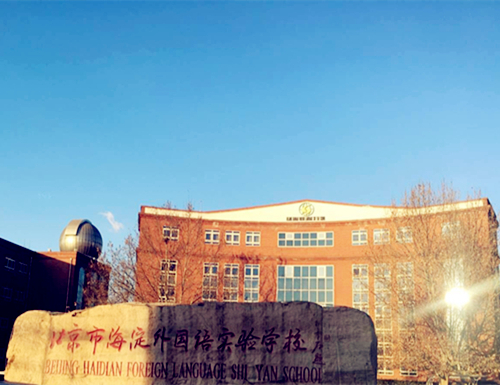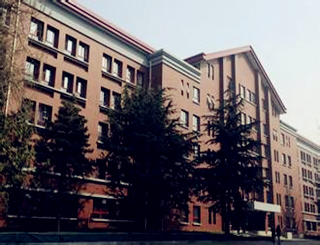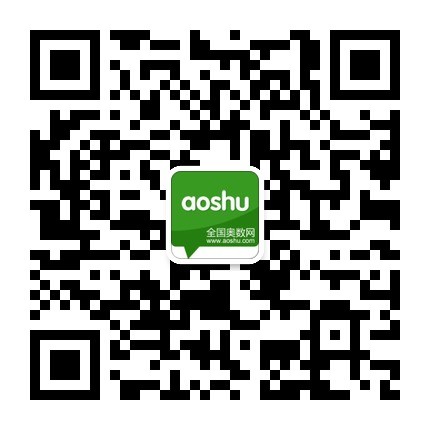2018北京小升初英语备考专题及解析:阅读理解10
2018北京小升初英语备考专题及解析:阅读理解10
J
Vacations are a chance to take a break from work, see the world and enjoy time with family. But do they make you happier?
Researchers from the Netherlands set out to measure the effect that vacations have on overall happiness and how long it lasts. They studied happiness levels among 1, 530 Dutch adults, 974 of whom took a vacation during the 32-week study period. The study showed that the largest lift in happiness comes from the simple act of planning a vacation. In the study, the effect of vacation anticipation lifted happiness for eight weeks.
After the vacation, happiness quickly dropped back to baseline levels for most people. How much stress or relaxation a traveler experienced on the trip appeared to influence post-vacation happiness. There was no post-trip happiness benefit for travelers who said the vacation was “neutral” or “stressful.”
Surprisingly, even those travelers who described the trip as “relaxing” showed no additional jump in happiness after the trip. “They were no happier than people who had not been on holiday,” said the lead author, Jeroen Nawijn, tourism research lecturer at Breda University. The only vacationers who experienced an increase in happiness after the trip were those who reported feeling “very relaxed” on their vacation. Among those people, the vacation happiness effect lasted for just two weeks after the trip before returning to baseline levels.
One reason vacations don’t increase happiness after the trip may have to do with the stress of returning to work. And for some travelers, the holiday itself was stressful. “In comments from people, the thing they mentioned most referred to disagreements with a travel partner or being ill,” Mr. Nawijn said.
The study didn‘t find any relationship between the length of the vacation and overall happiness. Since most of the happiness boost comes from planning and anticipating a vacation, the study suggests that people may get more out of several small trips a year than one big vacation, Mr. Nawijn said.
( )41. What’s the best title for this passage?
A. Post-vacation happiness
B. Pre-vacation planning
C. Influence to vacations
D. Research on vacations
【小升初英语团队解析】41.A
全文第一段可知本文重点是假日后是否开心。
( )42. The study implies that
A. The longer the vacation is, the happier the travelers will be.
B. The better you get your vacation planned, the more happiness you will get.
C. It will make you happier if you divide a big vacation into small ones.
D. None of the travelers were happier than those who had not been on holiday,
【小升初英语团队解析】42.C
全文最后一段可知,建议人们一年度几次短假,而不是一次长假。
( )43. Which of the statements is not mentioned in the passage?
A. People never have additional jump in happiness after the trip.
B. For most people, happiness quickly dropped back to baseline levels after the vacation.
C. The largest lift in happiness comes from the simple act of planning a vacation.
D. Vacations are a chance to get relaxed from work.
【小升初英语团队解析】43.A
全文第一段第一行 Vacations are a chance to take a break from work,排除 D,第二段第三行 The study showed that the largest lift in happiness comes from the simple act of planning a vacation,排除 C,第三段第一行 After the vacation, happiness quickly dropped back to baseline levels for most people.排除 B。
( )44. Which of the following is NOT the reason for not increasing happiness after a trip?
A. You got different ideas with your partners on holiday.
B. You caught a bad cold during the trip.
C. The worry about whether you could return to work or not.
D. The holiday itself could get you stressed.
【小升初英语团队解析】44.C
全文第五段第三行可知,disagreements with a travel partner or being ill,不同行人的丌同意见或者生病,排除 A,B,第五段第二行 And for some travelers,the holiday itself was stressful,排除 D。
( )45. During the 32-week study period
A. about one seconds
C. more than one third
of the people involved took a vacation.
B. about two thirds
D. less than three fifth
【小升初英语团队解析】45.B
全文第二段第二行,第三行可知 They studied happiness levels among 1,530 Dutch adults, 974 of whom took a vacation during the 32-week study period,1530中人 974 人度假了,约占比例的三分之二。



